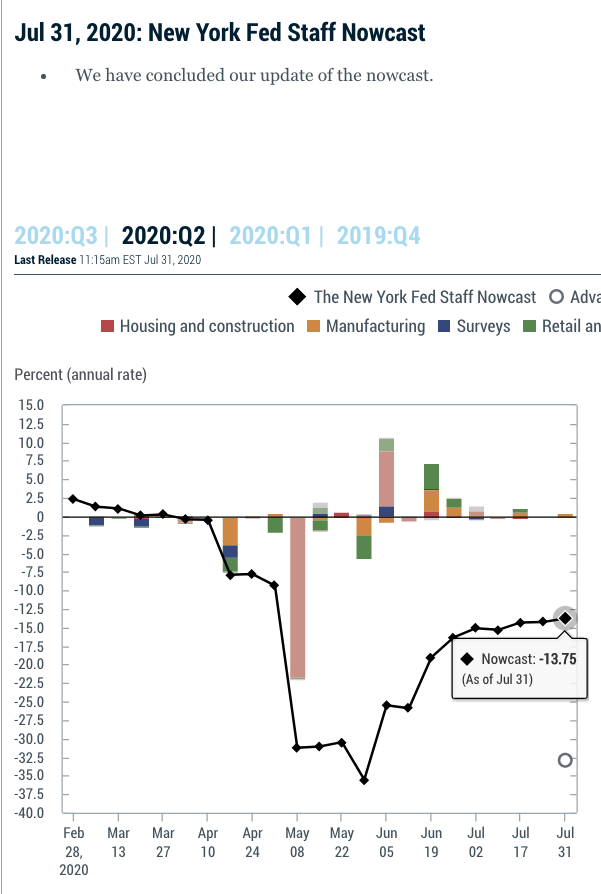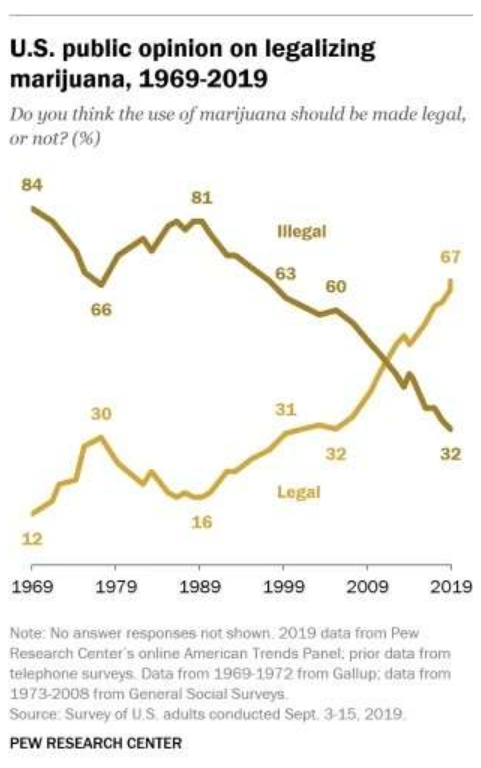The Mercatus Center has just published an excellent paper by Robert Hetzel entitled COVID-19 and the Fed’s Credit Policy. Here’s the abstract:
In March 2020, with the realization of the enormity of the threat posed by the COVID- 19 virus, financial markets exhibited unusual volatility. According to the Federal Reserve’s narrative, financial markets became dysfunctional; that narrative implies the belief that market participants could no longer assess risk appropriately. However, nothing in market volatility implies that private markets can no longer assess risk or allocate credit; nevertheless, the Fed responded with numerous programs to intervene in private credit markets. This paper examines the causes of the financial market volatility, discusses the moral hazard entailed by intervening in private credit markets, and explores whether credit market interventions could undermine the Fed’s political independence. The Fed promoted its 13(3) programs as providing resources to sectors of the economy where markets have failed to do so, but the Fed’s credit programs can only allocate credit, not increase real resources. It was monetary policy actions that calmed financial markets, not the announcement of future credit market interventions. Involvement in credit policy drags the Fed into the political arena; therefore, to maintain independence, the Fed should return to the sole job of monetary policy.
The paper is full of examples of how the Fed has increased moral hazard by bailing out financial sectors that get into trouble:
The Wall Street Journal quoted Aaron Klein, a former Obama administration Treasury official, who pointed out that “there was widespread agreement following the [2008] financial crisis that money-market funds would bear losses in the future, and post-crisis regulatory changes were meant to impress upon investors the risks they were taking” (Davidson and Michaels 2020). Klein added that “the Exchange Stabilization Fund was created to stabilize the value of the dollar, not to be used for domestic purposes.”
That didn’t last long:
To again bail out the prime money market funds, the Fed announced the Commercial Paper Funding Facility (CPFF) and the Money Market Mutual Fund Liquidity Facility (MMLF). In a Wall Street Journal article, Jonah Crane, a Treasury Department official in the Obama administration, said, “It is déjà vu. At this point, investors in money funds can just assume that the Fed is going to backstop them” (Kiernan, Ackerman, and Michaels 2020). Sheila Bair, former head of the FDIC, said, “It’s just frustrating that we never really fixed this stuff. . . . The industry lobbyists came in and persuaded regulators to do half measures. And we’re back in the soup again.”7
There are many similar examples, involving REITs and other risky investments.
Unfortunately, the economics profession seems to be increasingly dismissive of the problems created by moral hazard. My response is that economists may not care about moral hazard, but moral hazard cares about the economy.
Off topic: Craig Fratrik directed me to some interesting comments on NGDP targeting by Claudia Sahm (in a recent interview of David Beckworth):
Sahm: I think it has a lot of potential-
Beckworth: Oh, I agree with you. Absolutely.
Sahm: On that point. I will say as a little Fed factoid, I mean you were really close to getting-
Beckworth: Oh really?
Sahm: …nominal GDP targeting in the real world and I think it was in 2011 when the European crisis was brewing up and the Federal Reserve, I have the utmost respect for them in that they’re never out of ammo. Whenever their toolkit was kind of like, “Oh, we’ve tried this, we’ve tried that,” Ben Bernanke would send out a blue sky email and be like, “Okay, what’s next?” I can remember a senior officer who wasn’t supposed to tell us this but it was like a readout on an FOMC meeting, said basically if Europe had really struggled, the nominal GDP targeting was next.
Beckworth: Wow.



